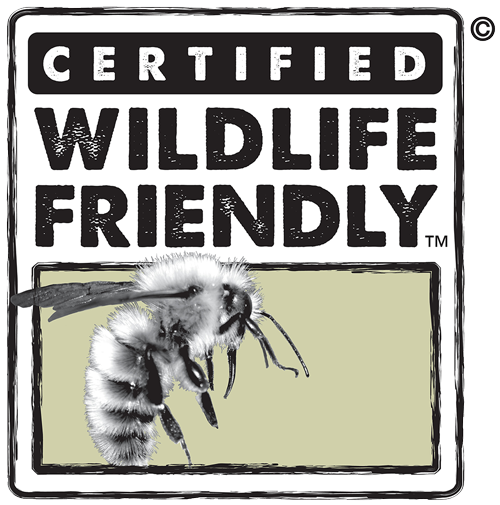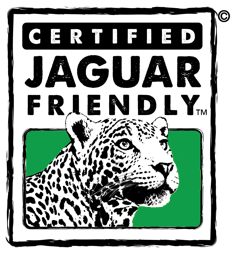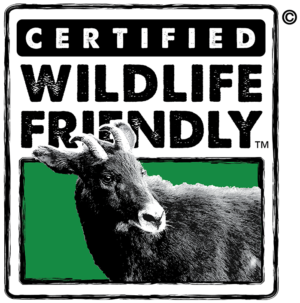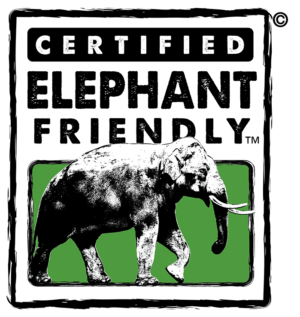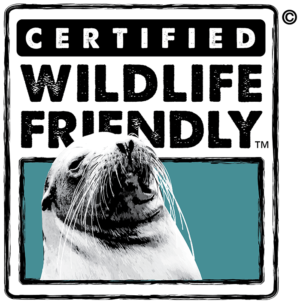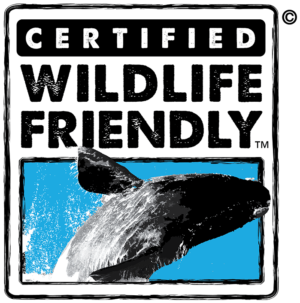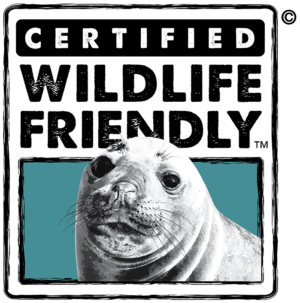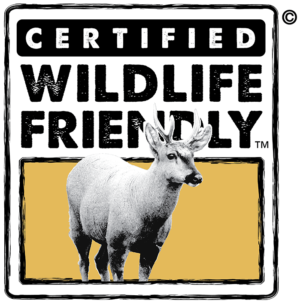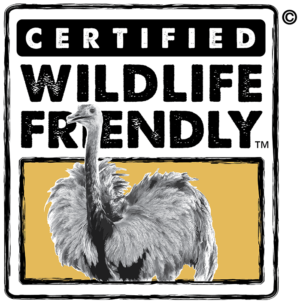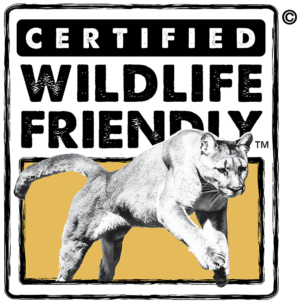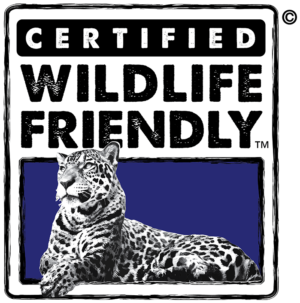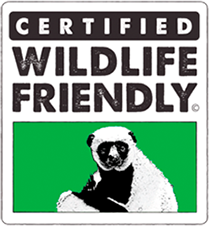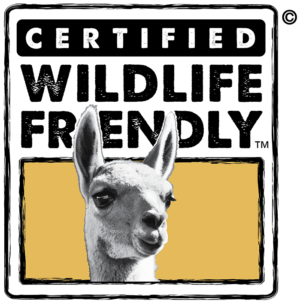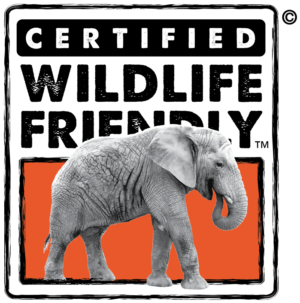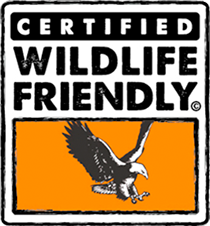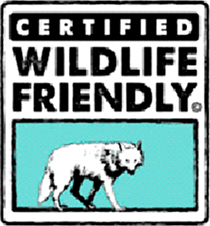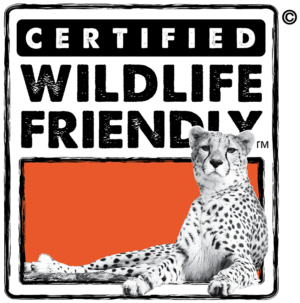Colombia
The Conflict
The cotton-top tamarin is one of the most endangered primates in the world. In 1973 20,000-40,000 tamarins were exported to the United States for use in biomedical research experiments which impacted the population. Today the greatest threat to the survival of the cotton-top tamarin is deforestation for agriculture, fuel, and housing, in addition to collection for the local pet trade which is an ongoing issue despite international laws condemning such activity.Roads and agriculture threaten the remaining habitat of the cotton-top tamarin who have an extremely limited distribution, occurring in northwestern Colombia between the Atrato River and the Magdalena River from sea level up to 1500 meters. A census was conducted in 2005-2006 examining the status of the wild population and results indicated that the cotton-top tamarin has been severely impacted by the significant habitat destruction that has occurred throughout its range in Colombia. The IUCN Primate Specialist Group recommending the classification of cotton-top tamarins be changed to Critically Endangered in 2008.
The Solution
Families in rural communities live in poverty and are dependent upon extracting resources from the forest to survive. Proyecto Tití works with local communities to develop economic alternatives that help to generate an income and build successful eco-friendly businesses which in turn result in the protection of Colombia’s natural environment and critical habitat for the Cotton-top tamarin.
The Conservation Enterprise
ASOARTESANAS is a women’s artisans cooperative which has received training on small business management and how to make ‘eco-mochilas’. These “eco-mochila” are modeled on a traditional bag used in Colombia. These Wildlife Friendly® Certified eco versions are hand-made by women in the village of Los Limites, near Proyecto Tití’s field site in Santa Catalinaand are created entirely from recycled plastic bags. The production of these bags helps to reduce the amount of plastic in the local landfills and to create a sustainable local economy that minimizes their impact on the natural resources of the area. Eco-mochilas generate income that helps women support their families while reducing their dependency on forest resources. Everyone in the village helps collect plastic bags so they can be reused and crocheted into eco-mochilas. One eco-mochila is made of 100-120 plastic bags.To date, ASOARTESANAS has recycled more than 3 million plastic bags and has recently been awarded the Equator Prize and Received Special Recognition in Waste and Pollution Management by the United Nations Development Program. By purchasing these products, you are helping the community of Los Limites generate income that helps support their families while reducing their dependency on forest resources.
- Proyecto Titi and online store
- Youtube
- Google+
- Email (US): proyectotiti@aol.com
- Email (Colombia): rguillen@proyectotiti.com




